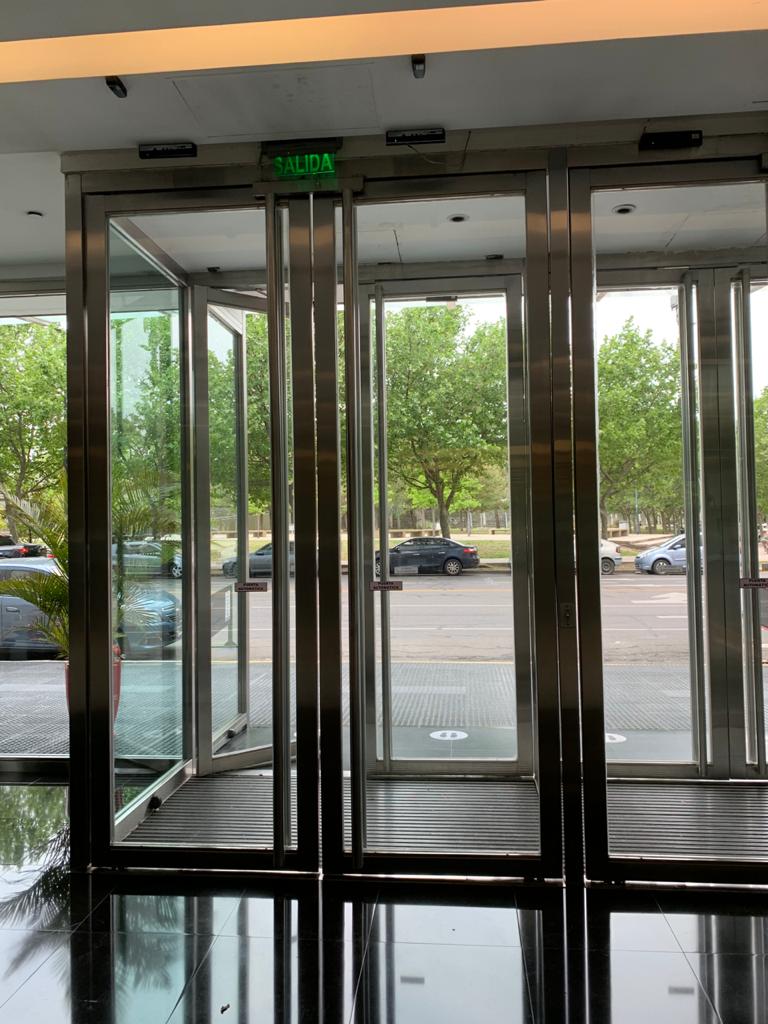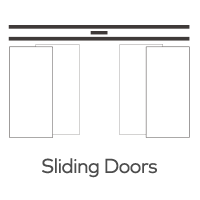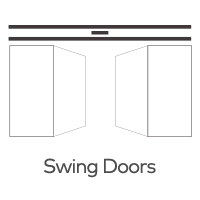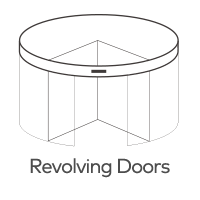How sensitive are door contact sensors, and can they detect objects or people that are partially obstructing the doorway?
Door contact sensors are an important component of many security systems. They provide a simple yet effective way to monitor the opening and closing of doors, and they are often used to trigger alarms or send notifications when a door is opened or closed.

One question that often arises when it comes to door contact sensors is how sensitive they are. Specifically, can they detect objects or people that are partially obstructing the doorway?
The answer to this question depends on a variety of factors, including the type of sensor being used, the placement of the sensor, and the size and density of the object or person in question.
In general, door contact sensors are designed to detect the opening and closing of a door, rather than the presence of objects or people in the doorway. However, many modern sensors are quite sensitive and can detect even small changes in the magnetic field around the sensor.
This means that if an object or person is partially obstructing the doorway, it is possible that the sensor will detect the obstruction and trigger an alarm or notification. However, this will depend on a number of factors, including the size and density of the object, the sensitivity of the sensor, and the placement of the sensor.
For example, if a large piece of furniture is partially blocking a doorway, it is more likely that the sensor will detect the obstruction than if a small object is in the way. Similarly, if the sensor is placed in a position where it has a clear line of sight to the doorway, it is more likely to detect an obstruction than if it is placed in a position where it is partially obscured.
Another factor to consider is the type of sensor being used. There are several different types of door contact sensors available, including magnetic, mechanical, and optical sensors. Magnetic sensors are the most commonly used type and are generally quite sensitive, but mechanical and optical sensors may be better suited to detecting obstructions in certain situations.
Ultimately, the sensitivity of a door contact sensor will depend on a variety of factors, and it is important to choose the right type of sensor for your specific needs. If you are concerned about the possibility of obstructions in your doorway, it is important to work with a knowledgeable security professional who can help you choose the right sensor and ensure that it is properly installed and calibrated.







